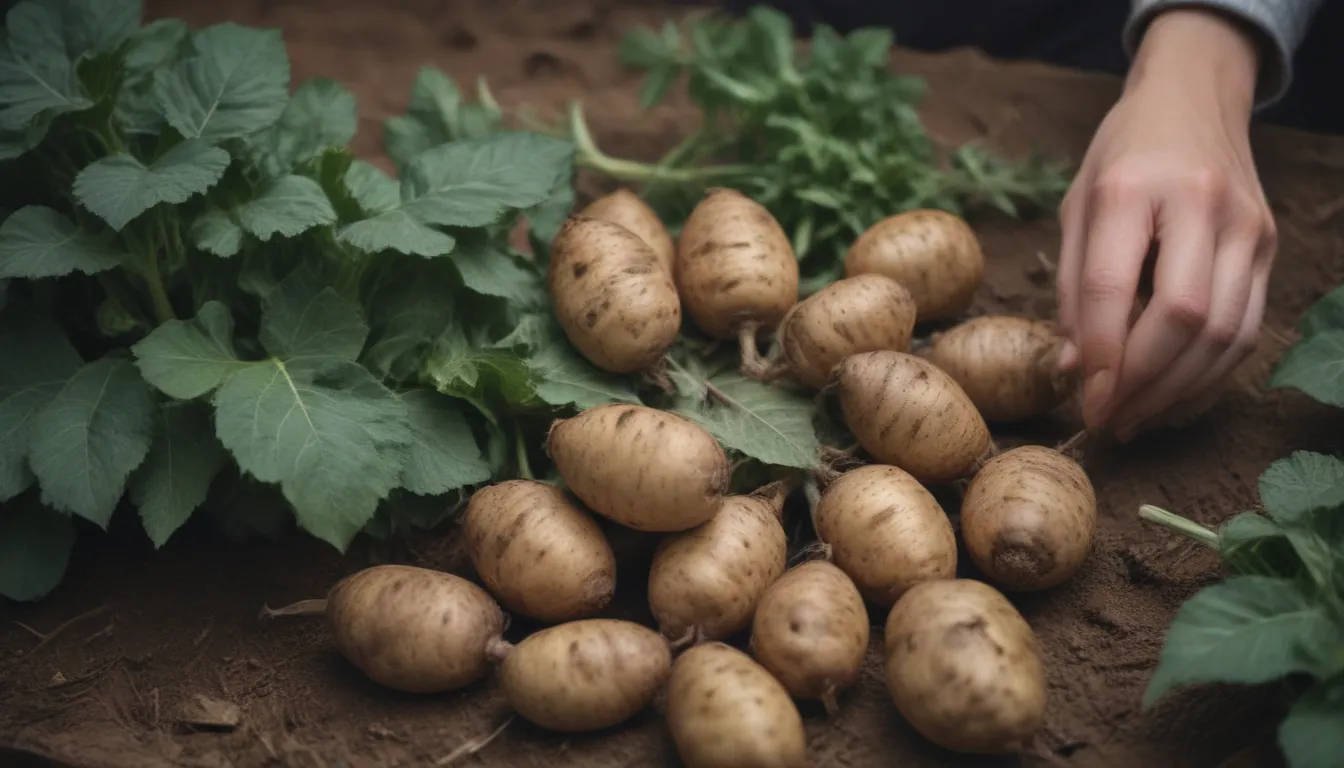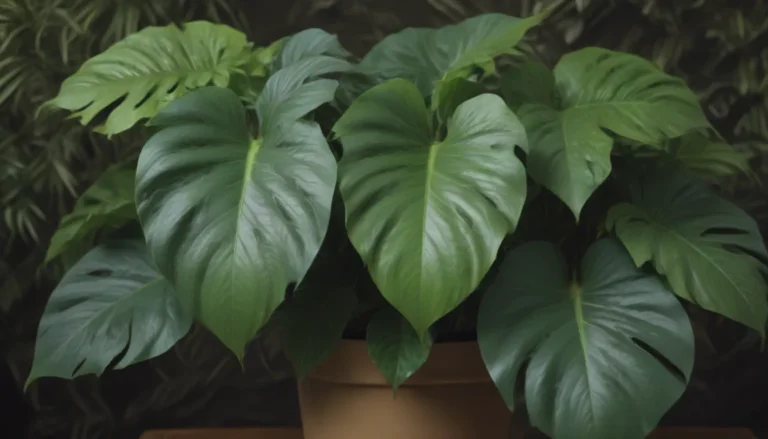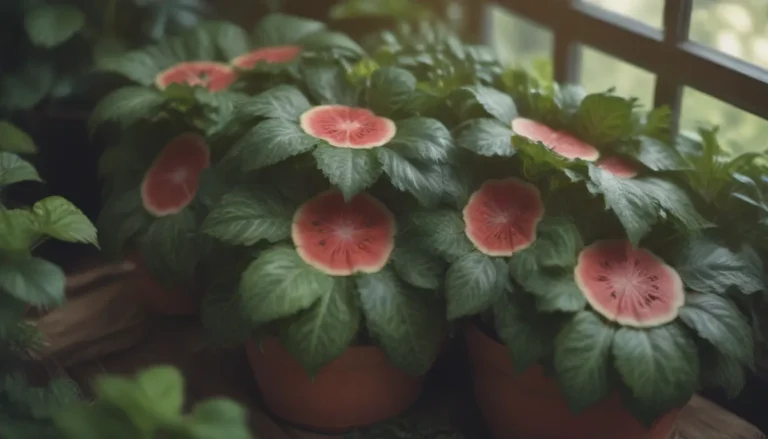Cultivating a Bountiful Harvest: A Guide to Growing Jerusalem Artichokes

If you’re looking to add a unique and easy-to-grow vegetable to your garden, look no further than Jerusalem artichokes. Also known as sunchokes, these root vegetables are a delicious alternative to potatoes, with a lower starch content. Despite their name, Jerusalem artichokes are actually native to North America and thrive in various garden settings. In fact, they are so robust that some gardeners consider them to be almost invasive. This makes them the perfect choice for novice gardeners looking for a low-maintenance crop that offers a tasty and rewarding harvest.
Planting Jerusalem Artichokes
When it comes to planting Jerusalem artichokes, there are a few key things to keep in mind to ensure a successful growing season. Here are some tips to help you get started:
Choose the Right Location
– Jerusalem artichokes can be planted in areas of your garden where other vegetables may struggle to thrive.
– As these plants grow tall and spread quickly, consider dedicating a specific bed solely to Jerusalem artichokes to prevent them from taking over other crops.
– Good companion plants include corn and rhubarb, while they should be kept away from tomatoes.
Planting Depth and Spacing
– Jerusalem artichoke tubers should be planted around 12 to 18 inches apart and no more than 5 inches deep.
– Make sure the “eyes” of the tubers are facing upward when planting to encourage healthy growth and a bountiful harvest.
Soil and Water Requirements
– Jerusalem artichokes can thrive in a variety of soil types but prefer loose, well-drained, fertile, slightly acidic soils.
– A regular watering schedule, especially during the establishment phase, is essential for optimal growth and yield. Aim for about an inch of water per week.
Jerusalem Artichoke Care Tips
To ensure your Jerusalem artichokes reach their full potential, it’s important to provide them with the proper care and attention they need. Here are some guidelines to help you care for your Jerusalem artichoke plants:
Light and Temperature
– Jerusalem artichokes can be grown in full sun or partial shade, with at least six hours of sunlight per day for best results.
– These plants prefer temperatures between 65 and 90 degrees Fahrenheit, with a minimum of 50 degrees Fahrenheit for planting tubers.
Fertilization
– While Jerusalem artichokes generally do not require additional fertilizers, adding organic matter to the soil can help boost growth and yield, especially in less fertile soils.
Pruning and Maintenance
– To focus plant energy on tuber production, consider pruning Jerusalem artichoke plants to around 4 feet in height during the middle of the summer.
– Removing flower stalks before blooming can also help redirect energy towards tuber development.
Harvesting and Storing Jerusalem Artichokes
Once your Jerusalem artichokes have reached maturity, it’s time to harvest and enjoy the fruits of your labor. Here are some tips for harvesting and storing your Jerusalem artichokes:
Harvesting Timing
– Jerusalem artichokes can be harvested from October to December, with a sweeter and more flavorful taste after a light frost or two.
– Roots can be carefully harvested using a fork or hand rake to avoid damaging tubers.
Storage
– Freshly harvested Jerusalem artichokes can be stored in the refrigerator for up to 10 days or in a root cellar with temperatures around 32 degrees Fahrenheit for a few months.
Varieties of Jerusalem Artichokes
There are several varieties of Jerusalem artichokes to choose from, each with its unique flavor and characteristics. Common varieties include:
- ‘French Mammoth White’
- ‘Golden Nugget’
- ‘Fuseau’
Common Pests and Diseases
While Jerusalem artichokes are relatively pest and disease resistant, there are a few issues that may arise. Here are some common pests and diseases to watch out for:
- Slugs
- Aphids
These pests can be easily controlled with proper weed management and timely intervention.
Growing Jerusalem Artichokes: A Rewarding Experience
In conclusion, growing Jerusalem artichokes can be a satisfying and rewarding experience for both novice and experienced gardeners. With proper care, these versatile root vegetables can thrive in various garden settings, providing a bountiful harvest of delicious tubers. Whether you’re looking to expand your garden repertoire or simply enjoy the fresh flavors of homegrown produce, Jerusalem artichokes are a fantastic addition to any garden. So, roll up your sleeves, grab your gardening tools, and start cultivating a bountiful harvest of Jerusalem artichokes today!





